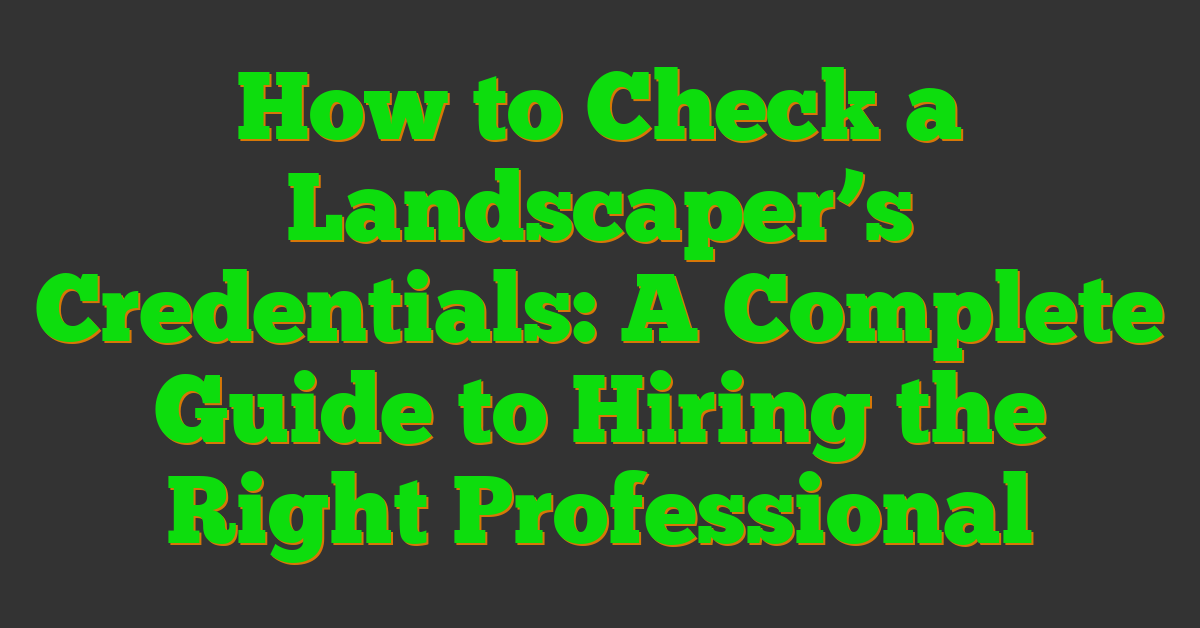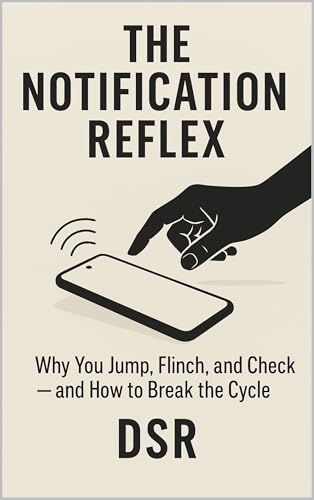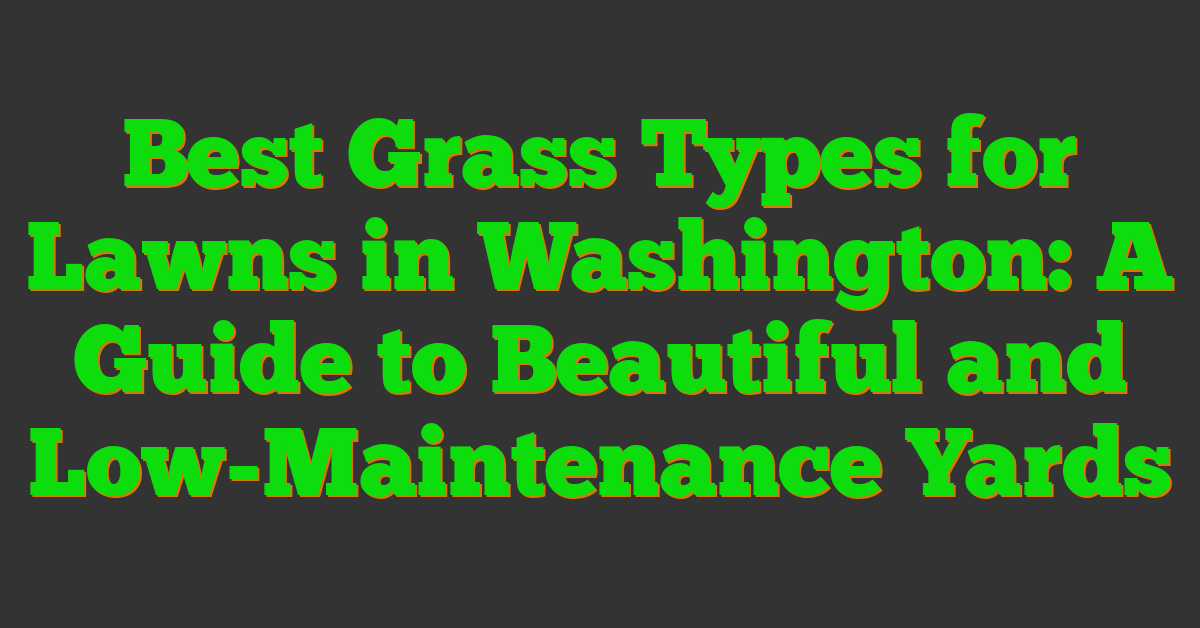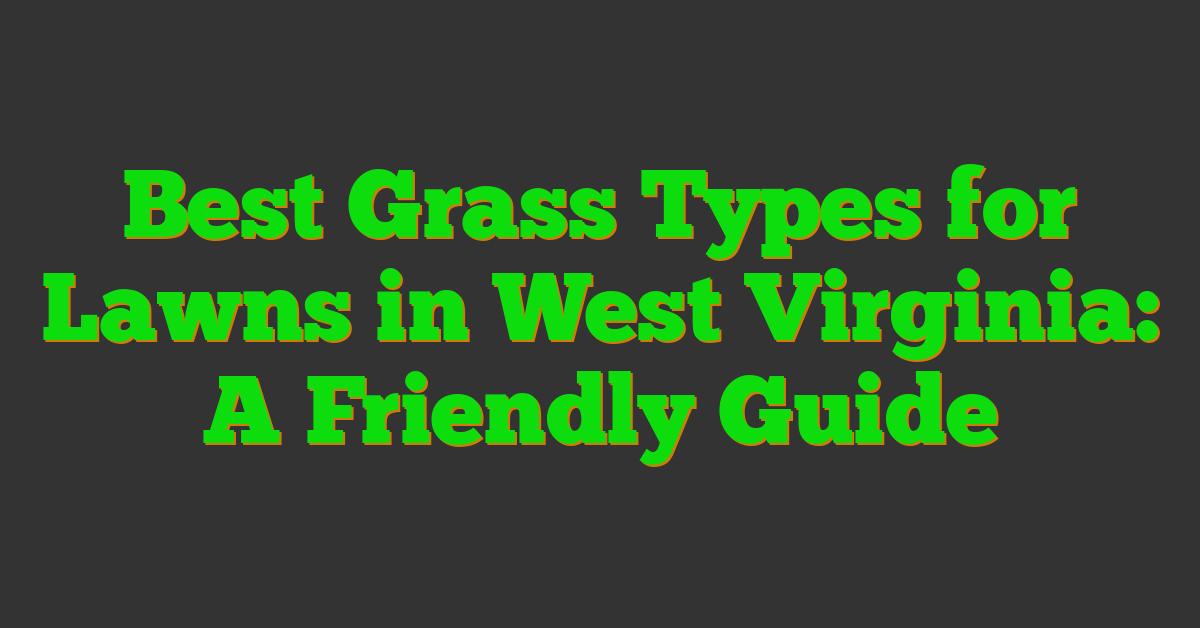Hiring the right landscaper can make all the difference in transforming your outdoor space into something truly special. But let’s face it—entrusting someone with your yard is a big deal. You want to ensure they’re skilled, reliable, and professional before handing over the reins to your dream project.

I’ve learned that checking a landscaper’s credentials isn’t just about peace of mind—it’s about protecting your investment. From licenses to insurance, there are a few key things to look for that can save you from costly mistakes down the road. It might feel overwhelming at first, but it’s easier than you think when you know what to ask and where to look.
Why Checking a Landscaper’s Credentials Is Important
Verifying a landscaper’s credentials ensures they meet industry standards and have the necessary qualifications. Licensed professionals follow specific regulations, which reduces the chance of subpar work or legal complications. For instance, licenses for pesticide application demonstrate they’re trained to handle chemicals safely.
Credentials protect your investment by confirming the landscaper has liability insurance. Insurance covers damages or accidents during the project, saving you from unexpected expenses. If an uninsured worker gets injured on your property, you could face legal and financial risks.
A certified landscaper guarantees proper knowledge of land grading, drainage systems, and plant selection. Reliable qualifications like landscape architect certifications from accredited programs help confirm their expertise in creating functional and aesthetic designs.
Reputation is often tied to credentials. Verified licenses and memberships in professional associations, like the National Association of Landscape Professionals (NALP), reflect a commitment to maintaining quality. Checking these details gives confidence that the landscaper values professionalism and accountability.
Researching The Basics
I begin by gathering essential information about the landscaper to determine their legitimacy and professionalism. This ensures they’re qualified and compliant with industry standards.
Verifying Business Licenses
I check if the landscaper holds a valid business license, as it’s a fundamental credential for operating legally. Many states require landscapers to have specific types of licenses, depending on the services they provide. I look this up on local government websites or contact my state’s licensing board to verify the license status. A valid license shows the landscaper is authorized to perform work in my area and adheres to local regulations.
Confirming Insurance Coverage
I review the landscaper’s insurance policies to confirm they have liability and worker’s compensation coverage. Liability insurance protects me from potential financial responsibility in case of property damage, while worker’s compensation ensures injuries on my property are covered. I don’t rely on verbal claims but ask for a copy of their insurance certificate. Additionally, I contact the insurance provider directly to verify the policy’s validity and ensure it’s active. This step reduces potential risks and keeps my project protected.
Evaluating Professional Certifications
Checking certifications helps ensure a landscaper has the training and expertise required for quality results. Credentials demonstrate commitment to industry standards and ongoing education.
Common Landscaping Certifications to Look For
Certifications validate a landscaper’s skills and knowledge. Look for credentials like the Certified Landscape Professional (CLP), which focuses on business and technical expertise, and the Certified Landscape Technician (CLT) for on-site practical skills. The ISA Certified Arborist certification signals expertise in tree care and safety. Sustainable landscaping pros may hold a Sustainable Landscape Certification or similar qualifications. Request copies of certificates to confirm the landscaper’s specialization is aligned with your project needs.
Membership in Industry Associations
Industry memberships show a landscaper’s professionalism and connection to industry standards. Examples include the National Association of Landscape Professionals (NALP) or the Professional Landcare Network (PLANET). Membership demonstrates dedication to best practices and access to educational resources. Many associations also require members to uphold ethical guidelines. Checking a landscaper’s membership through the association’s online directory provides confirmation of their standing.
Investigating Work Experience and Reputation
Verifying a landscaper’s work experience and reputation ensures they can deliver quality results. It also provides insight into their ability to handle your specific project requirements.
Reviewing Portfolio and Past Projects
Evaluating a landscaper’s portfolio showcases their skills and design style. I request a collection of completed projects or photos of previous work to assess whether they align with my vision. For instance, I check for consistency in quality and diversity in services, such as plant selection, hardscaping, or irrigation systems. Visiting past project sites, if possible, gives me a firsthand look at their craftsmanship and material use.
Reading Online Reviews and Testimonials
Online reviews provide valuable feedback from previous clients. I search for ratings on platforms like Google, Yelp, or Angie’s List, focusing on detailed comments about reliability, communication, and problem-solving. Consistently positive testimonials help reinforce trust. While negative reviews aren’t uncommon, I look for patterns to evaluate their significance and consider how the landscaper addressed customer concerns.
Asking the Right Questions
Asking targeted questions helps assess a landscaper’s skills, approach, and professionalism. Focusing on expertise, methods, estimates, and contracts clarifies what to expect during the project.
Inquiries About Expertise and Methods
I ask about the landscaper’s experience with similar projects to ensure they can meet my needs. Questions like, “Do you specialize in residential or commercial landscaping?” or “Have you worked on [specific project type]?” help gauge their suitability. I also confirm their certifications and training to verify their qualifications for technical tasks, such as irrigation system installation or grading.
Requesting details about their process reveals how they plan and execute projects. For example, I ask, “How do you handle drainage issues?” or “Do you consider sustainability in your designs?” These questions provide insights into their methods and problem-solving skills.
Understanding Estimates and Contracts
I review estimates thoroughly to avoid surprises. I ask the landscaper to break down costs for materials, labor, and any additional fees. Questions like, “Does this price include all materials?” or “Are there potential costs not listed here?” help ensure clarity and transparency.
« What to Expect from a Landscape Consultation: Your Guide to Planning the Perfect Outdoor Space How to Review a Landscaper’s Portfolio: Tips to Choose the Perfect Landscaping Expert »
Before signing, I check that the contract outlines crucial details, such as timelines, payment schedules, and project scope. I also ask, “What happens if unforeseen issues arise?” or “How do you handle revisions or additions during the project?” Clear answers demonstrate professionalism and their ability to manage challenges.
Red Flags to Watch Out For
Identifying potential issues early can save time and money. Here are common red flags I look for when evaluating a landscaper’s credentials:
- Lack of Proper Licensing
A legitimate landscaper holds a valid business license. If a landscaper struggles to provide documentation or avoid sharing license details, it signals noncompliance with local regulations.
- No Proof of Insurance
Insurance protects against potential damages or accidents during a project. If a landscaper refuses to share a certificate of insurance or offers vague explanations, it’s a serious concern.
- Unverified Professional Claims
False claims about certifications or memberships occur. I verify any stated affiliations, like the National Association of Landscape Professionals (NALP), by checking the organization’s online directory.
- Vague or Missing Contracts
A professional landscaper provides clear, detailed contracts. If a landscaper avoids formal agreements or leaves important terms like timelines and payment details ambiguous, I proceed with caution.
- Negative or No Reviews
Established landscapers typically have online reviews. Consistently negative reviews or a complete lack of reviews indicate poor performance or limited experience.
- Unwillingness to Share References
Experienced landscapers confidently provide references from past clients. Refusal or hesitation to share contact details for references raises doubts about reliability.
- Low-Ball Estimates
Extremely low quotes often mean compromised quality or hidden costs. I compare estimates across several landscapers to identify inconsistencies in pricing.
- Pushy Sales Tactics
High-pressure tactics to rush decisions without giving adequate time to evaluate credentials reflect unprofessional behavior.
Spotting these red flags helps ensure I only work with a qualified, trustworthy landscaper for my projects.
Conclusion
Finding the right landscaper doesn’t have to be overwhelming if you take the time to check their credentials and ask the right questions. It’s all about protecting your investment and ensuring your project is in capable hands. A little extra effort upfront can save you from unnecessary stress and costly mistakes later on.
By focusing on qualifications, experience, and professionalism, you’re setting yourself up for a smooth process and a beautifully transformed outdoor space. Trust your instincts, do your research, and don’t hesitate to walk away if something doesn’t feel right. Your dream landscape is worth it!
















